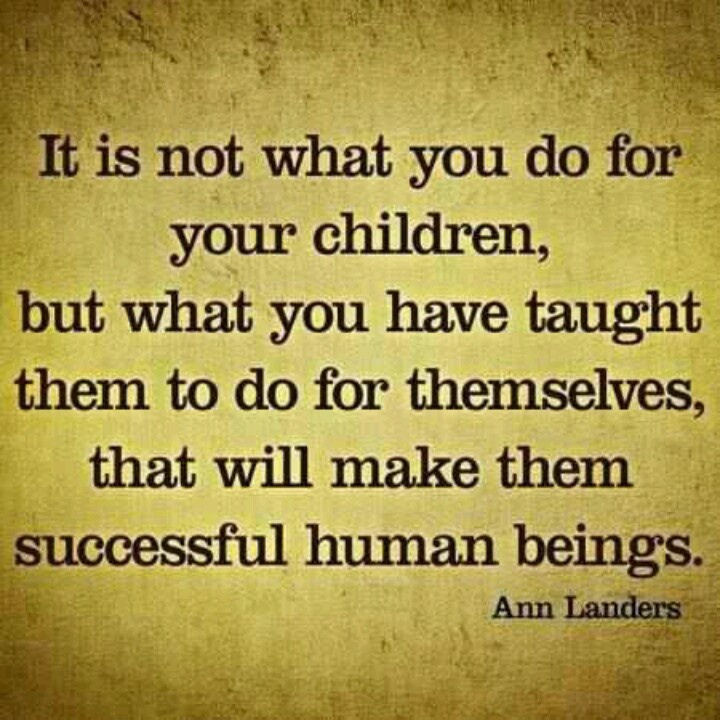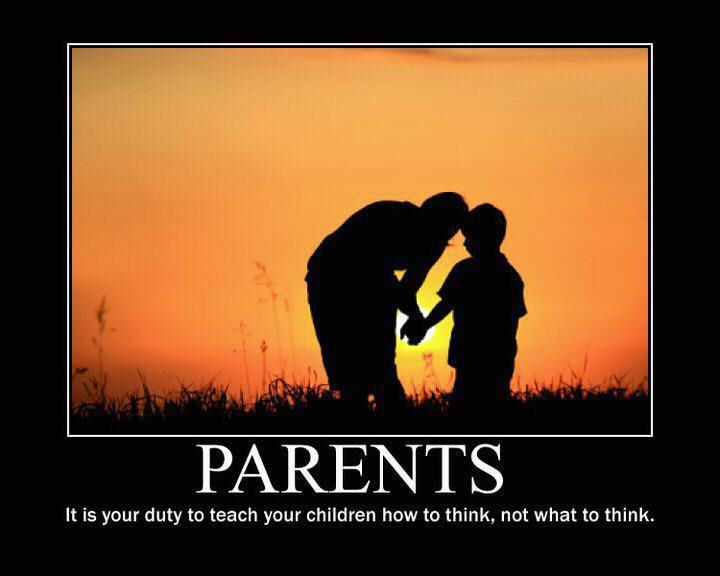Picture this: Little Johnny just gets his ass handed to him in a baseball game. He was pitching and gets absolutely shellacked. So the coach pulls him in the third inning and he spends the rest of the game cheering his team on from the sidelines.
Or this: Little Cassandra is trying to potty train. So, she sits on the potty chair and proceeds to move her bowels. The caveat is that she still has her pants on. A big mess ensues. Mommy has to clean it up.
Or this: The twins start telling you this realllllyyyy loooonnnngggg story about the blanket fort they made at recess and how fifteen other kids helped out and they all held hands and sang Cumbaya afterwards. You are only half listening because you are not only pressed for time, but you just remembered the mortgage is overdue and you forgot to pick up the dog from the groomers.
Want to know what all of these scenarios have in common? Go ahead, take a guess before you read any further.
- More than likely, Johnny is going to walk out of the dugout and his dad is going to give him that paternal tap on the head, a little hug, and then say “Good job, buddy.” This may or may not be followed up by a celebratory trip to Dunkin’ Donuts.
- When mom is done cleaning up after little miss Cassandra poopy-pants, she is going to jump up and down, clapping like a seal, and shriek in her highest-pitched voice of parental approval (you know the voice…the one they make dog whistles out of), “Good JOB, sweetie!“
- And then, after the twins stop talking for a second, to either catch a long overdue gasp of air or to take a bite of their snack, mom is going to give them a half-assed, absentminded, “Good job, guys” as she navigates the mini-van back to the dog groomers. Mom then calls her BFF from her Bluetooth to inquire whether or not it is wine-thirty yet because she has had the day from hell.
What’s the big deal, you ask?!
The words “good job” are meaningless and useless.
They are just a wastebasket term people use for everything from good grades to valiant efforts in sports to commendable acts of character. That phrase makes the parent feel good because they incorrectly think they are giving praise and boosting self-esteem, but it ultimately confuses the crap out of the kid and encourages them to be narcissistic underachievers.The words “good job,” when not followed up with specifics, boosts ego, NOT self-esteem. “Good job” on its own does nothing to foster critical thinking skills.
- Take Johnny for instance; when his dad said “good job” after an embarrassing outing on the mound — what did that exactly mean? Good job for giving up 14 runs and getting a loss? Good job for sitting on the bench like a trooper? Good job for simply breathing and wearing your cup?
- For Cassandra, was the mom praising the fact that she made it to the potty? Was she commending the fact that she made a poo-poo in her pants? Or the fact that she didn’t scream bloody murder when mom was trying to prevent the poop stained onesie-flap from hitting Cassandra in the face?
- And with the twins — are you praising their colorful storytelling capabilities? That they are good friends? Or the fact that they successfully built a fort?
See, the problem with “Good Job” is it does the exact opposite of what you are intending for it to do. STOP SAYING IT!!!
If you are guilty of this, I know you say it because you want to praise your children for their bravery or their book-smarts. I know you say it because you love them and are proud of them and just want them to be happy. I know you say it because you want them to be confident, well-adjusted, successful adults. Good intentions all around. But, when you utter those words, you are giving vague, unidentifiable, and inactionable feedback — and most of the time, because your child has absolutely no idea what you are commending, they think EVERYTHING is awesome. You are missing an opportunity to TRULY connect with your child. You are missing out on an opportunity to foster betterment, preventing them from thinking about areas for improvement, and neglecting to provide real-world feedback (which they will certainly encounter when they leave the nest).
I occasionally fall victim to the “Good Job” Parenting Trap, too. And, I sometimes hear myself do it when I am teaching. But, then I immediately course correct. My youngest daughter played in a basketball tournament last weekend. Her first game, they lost by 25 points. As the kids came off the court, the parents were making it rain ‘good jobs’ and ‘great games.’ Um, no. It was neither. It was a great learning experience for them and they played with tremendous heart — but it was not a great game (if your beloved Red Sox lost by 25 points, would you think it was a great game?). When my exhausted, defeated little hoopster schlepped off the court (she hates to lose), she looked up at me with those big brown eyes of hers and we had a conversation that went something like this:
Me: “Tough one, huh? How do you feel about that game?”
To which she replied, “We stunk.”
And then I said, “Well, what do you think you did well?”
And she said, “I don’t know.”
And I replied with, “What do you think you can try to do better or differently for next time?”
And she said, “I need to pass the ball before it gets taken away from me.”
BAM!! She learned something. Without me telling her. She analyzed the situation and looked for ways to get better. And then, and ONLY then, did I say, “Good job! I’m glad you recognized that — we can work on it. By the way, I really liked the way you played solid defense against #22.”
So, instead of mindlessly good-jobbing your kids to death, here are some suggestions:
- Start with a question, rather than a statement. “How did you like playing against the #1 team in the conference?” “What was the most difficult part of that exam?” “How did it feel when you stood up to that bully?”
- Be specific in your praise. “Johnny, I really liked how you didn’t get down on yourself on the mound and how you cheered your team on even after getting pulled from the game.” When I am teaching my classes, it would be very easy to say “good job”
to everyone. But, that would be doing my students a disservice. Instead, I like to be very granular. “I love how you put together those two unlikely color combinations.” “I love how that quote compliments the mood of your painting.” - Don’t feel like you need to compliment something if a compliment is not really warranted. “Cassandra, I know you tried to make it to the potty this time, but next time you need to pull your pants down. Can you do that, sweetie?” Giving suggestions for how expectations can be met are oftentimes more valuable than a meaningless pat on the back.
- Pretend you’re a coach (because in essence, as a parent that’s exactly what you are). Coaches of all types give VERY SPECIFIC feedback. It doesn’t matter if it is a sports coach, a life coach, or a fitness coach — the people being coached know exactly where they stand, what’s working, and what needs improvement. I spent a lot of time around coaches when I was an athletic trainer (and I’m also married to one) and any coach worth his/her salt will never stop at a simple “good job.”
- Catch them being good. If you see your child doing something commendable and you have not had to beg, nag, or plead — shout it from the rooftops and praise the ever-loving shit out of them! “Do you know how awesome it was that you comforted your sister when she was crying? I love that you took such good care of her!”
Remember, vague, insincere praise boosts EGO. And, the last thing this world needs is a budding generation of egomaniacs. Research shows that specificity in the feedback loop promotes better short-term and long-term results. Not to mention, specific, actionable praise boosts SELF-ESTEEM; and when you effectively boost a child’s self-esteem, everyone wins!
Give it a shot and see how it goes. If you have any questions or comments on this topic, I’d love to hear from you. And, if you’ve read this and I still hear you saying “good job” — it’s a $5 fine. 🙂





